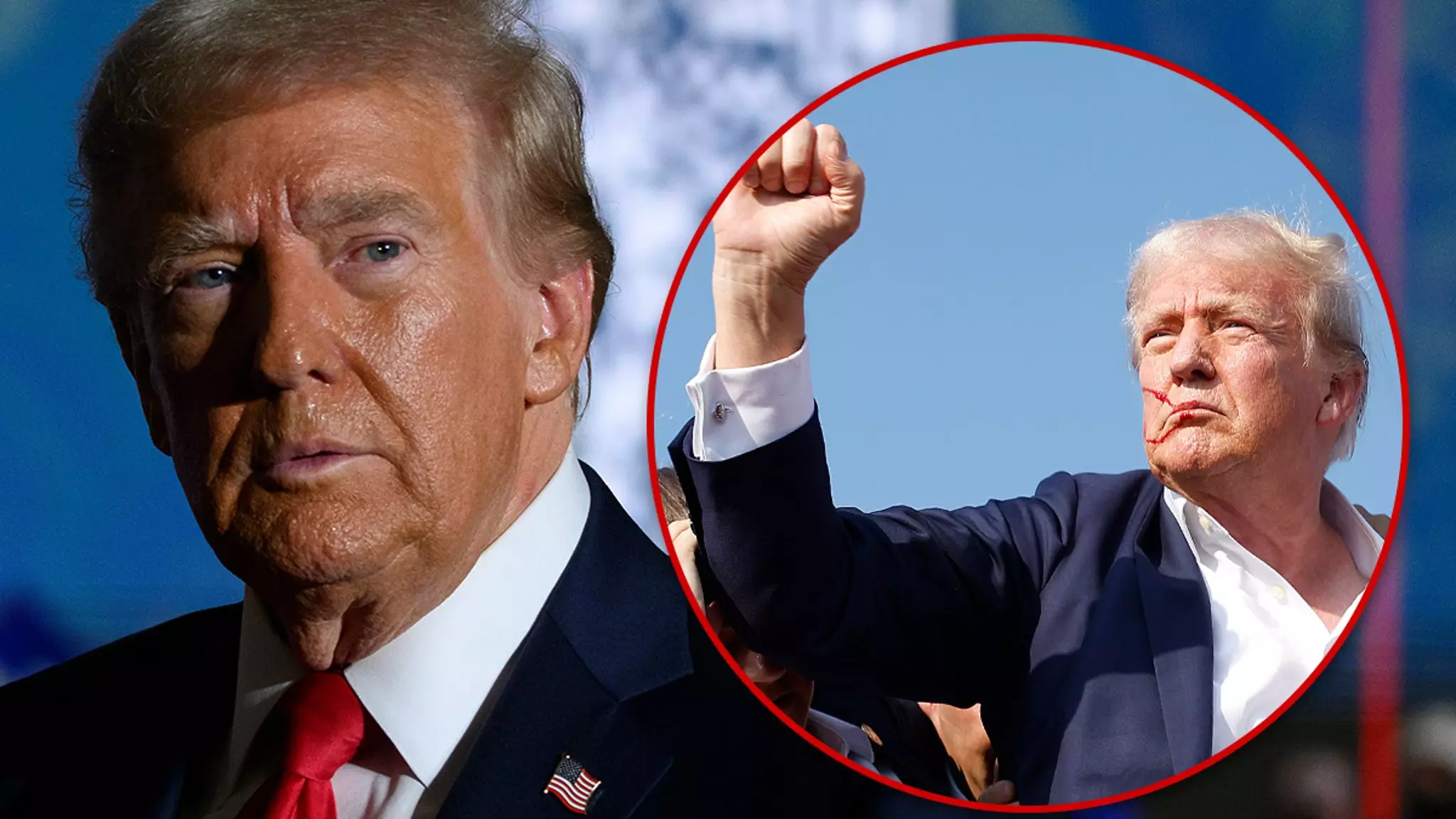Donald Trump’s return to Butler, Pennsylvania, marks not just a campaign stop, but a profound moment steeped in bittersweet significance. This rally, carried out nearly three months following an assassination attempt that left the region shaken, offers a unique perspective on American politics and the intertwining of personal peril with public persona. The very location where Crooks fired a shot that grazed Trump’s ear now stands as both a poignant reminder and a battleground for Trump’s resurgence in the political arena.
The events of July 13 remain etched in the collective memory of the attendees and the nation. A single bullet, meant to silence a controversial figure, instead echoed the sentiments of Division permeating the national discourse. The Secret Service’s quick response was crucial, yet the tragedy unfolded as an innocent life was lost, and several were left injured. This intertwining of violence and political rhetoric challenges not only the security apparatus surrounding political figures but also raises questions about the inflammatory nature of political discourse today.
In the wake of such trauma, Trump has demonstrated a remarkable resilience, framing his return as a challenge he must face head-on. His commitment to follow through with his rally after a life-threatening incident encapsulates his style—a blend of audacity and imperviousness that has defined his career. His declaration to pick up right where he left off, starting his speech with, “As I was saying,” is a testament to his characteristic bravado. Yet, it also invites scrutiny regarding the appropriateness of such bravado in light of the gravity of his experiences.
As Trump gears up for his rally, it is widely expected that he will unleash criticism not only against his opposing party but also specifically target Kamala Harris in a bitter remembrance of partisan divides. His history of fiery rhetoric has produced passionate followings and bitter adversaries alike, raising essential questions regarding the impact of such discourse on public safety and moral responsibility. In an age where political discourse can teeter on the edge of incitement, the words spoken at this rally will carry significant weight.
In response to the previous assassination attempt, the Secret Service has pledged to implement stricter security measures for Trump’s upcoming rally. This move underscores a grim reality of modern politics, where the barrier between public office and personal safety is continually tested. The increased security is not merely about protecting a candidate; it reflects the broader context of rising tensions in political gatherings. The memory of the Palm Beach golf course incident lingers, further compounding fears of similar attempts on Trump’s life.
Trump’s rally in Butler, PA, exists at a crossroads of defiance and vulnerability, emblematic of today’s deeply polarized political landscape. As he speaks to his supporters, this event will highlight the intersection between fervent political engagement and the threat of violence. While the rally seeks to invigorate his campaign, it simultaneously serves as a sobering reminder of the cost associated with such engagement. As the nation watches, the outcome remains uncertain, yet the implications of his words will undoubtedly resonate far beyond the confines of the rally itself.


Leave a Reply